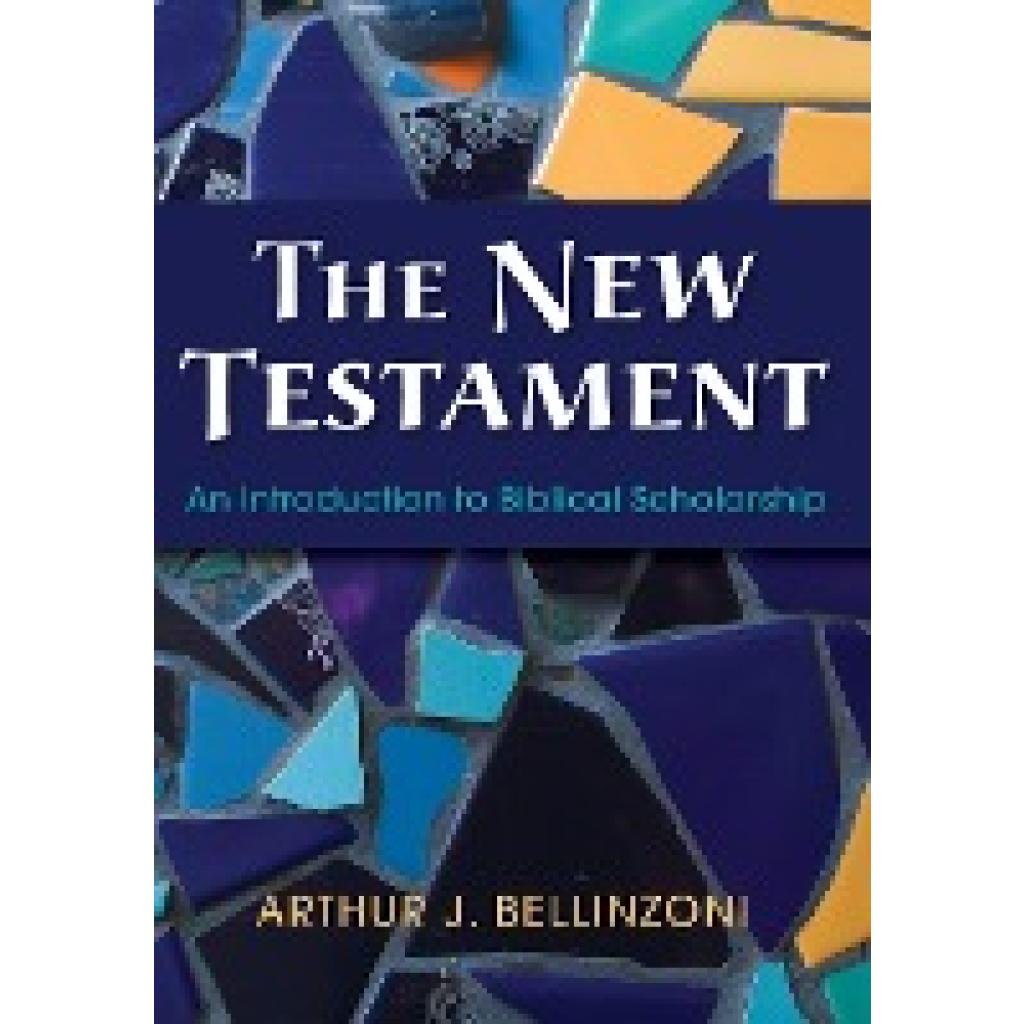This is not your typical introduction to the New Testament. Rather Bellinzoni invites the
reader to understand how biblical scholars employ the historical method to understand better
who Jesus of Nazareth really was and how and why oral and then written tradition about Jesus
developed into the New Testament. Instead of simply summarizing the results of biblical
scholarship Bellinzoni discusses the rules of evidence and the tools of the historical method
that scholars use. He then approaches the text of the New Testament by leading the reader step
by step through relevant biblical texts in order to illustrate some of the tools of New
Testament study and how these tools work: textual criticism literary criticism and philology
source criticism form criticism redaction criticism etc. This volume doesn't just describe
the conclusions of biblical scholarship it invites the reader to actually do biblical
scholarship and thereby draw the best possible conclusions about what happened when and why.
This volume is not limited to the twenty-seven books of the New Testament but discusses
relevant extra-canonical early Christian literature which is critical to an understanding of
the history of the early church and the development of the New Testament canon. ""This
wide-ranging study is really two books in one: it outlines the methodological tools used in the
critical study of the New Testament and shows how their careful application can yield an
historically sensitive reconstruction of Christian origins. For introductory students seeking
to navigate the complex literary and social terrain of the New Testament and early Christian
world Bellinzoni's reasoned judgments and lucid insights will be a very welcome guide.""
--David Reis Visiting Assistant Professor University of Oregon Arthur Bellinzoni is Professor
of Religion Emeritus at Wells College in Aurora New York and the author of The Sayings of
Jesus in the Writings of Justin Martyr The Future of Christianity: Can It Survive? and The Old
Testament: An Introduction to Biblical Scholarship the co-editor and part author of
Intellectual Honesty and Religious Commitment and The Two-Source Hypothesis: A Critical
Appraisal and the editor of The Influence of the Gospel of Saint Matthew on Christian
Literature Before Saint Irenaeus (3 volumes).



